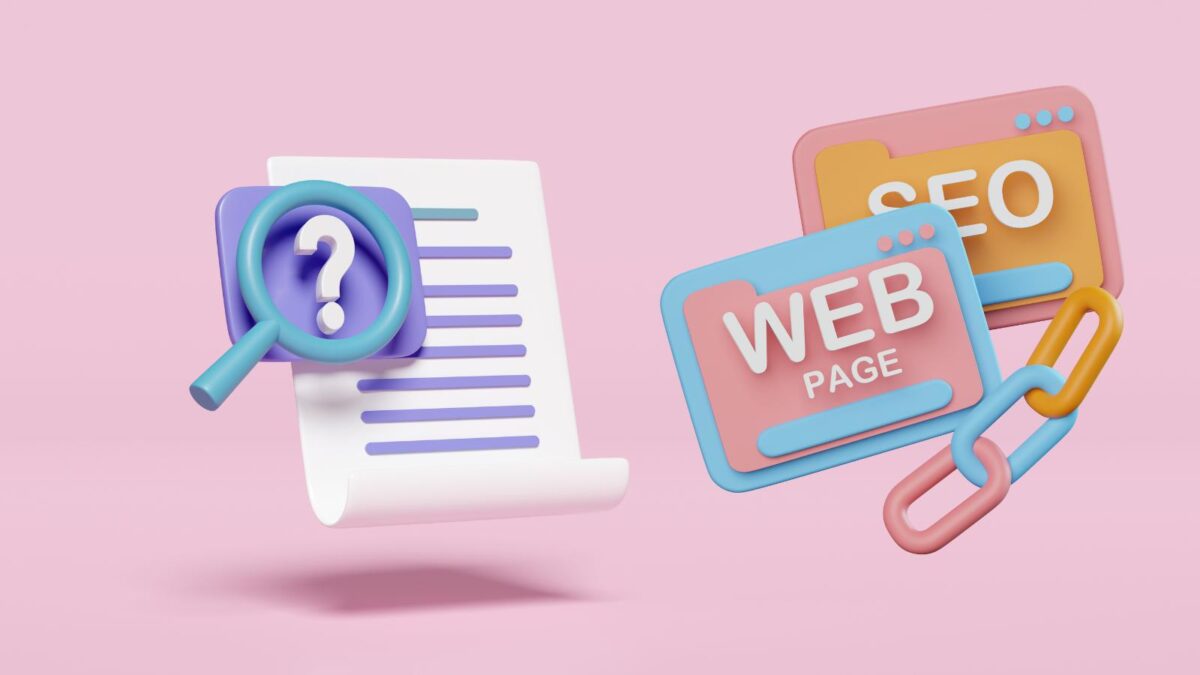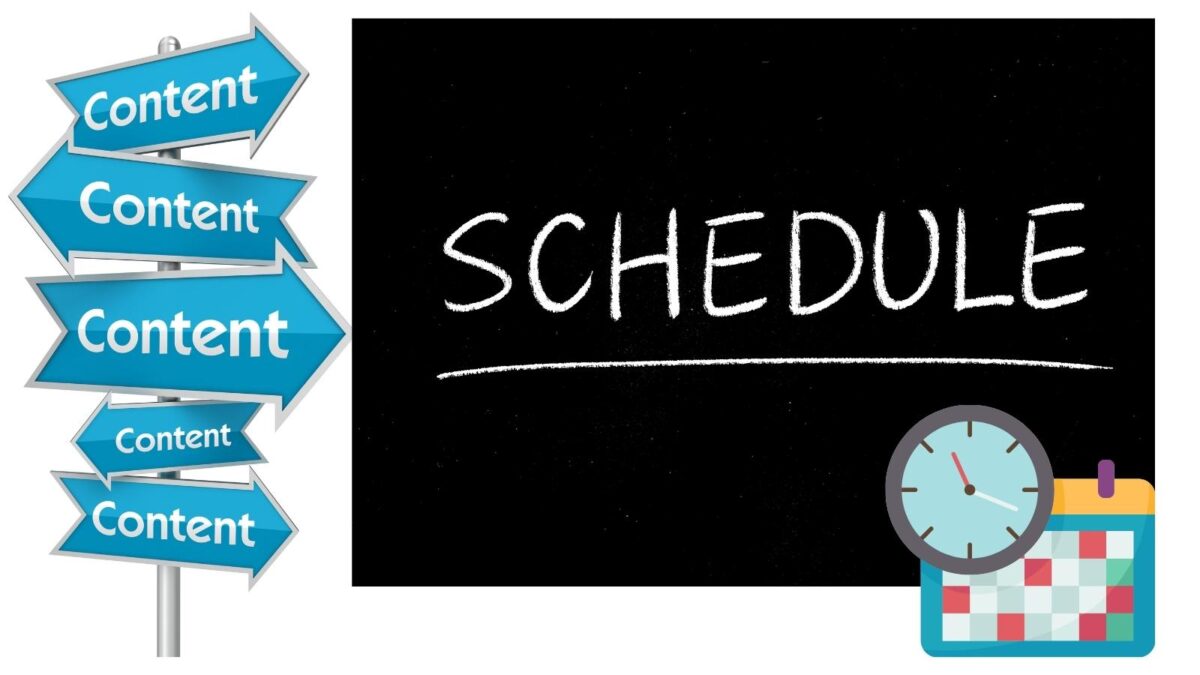Picture a crowded marketplace with people selling their goods, trying to win your attention. This digital age marketplace is no exception to anything we know with a fast website.
It is filled with small businesses all trying to get a piece of the pie. Every second matters in this high-stakes race. A slow site is a hurdle, making your possible customers weary and putting them at a disadvantage.
Fret not, little businesses!
Website speed is that one secret advantage which can overtake all and lead you to success online.
Table of Contents
The Impatient User and the Algorithm’s Judgment
Essentially, your website is your online storefront. However, the online customer has absolutely no patience waiting at all. A second-generation study found that a mere 1-second delay in page load time can cause a 7% drop in conversion rates.
If potential customers are hitting your site and it takes 3 seconds to load, that means your slow website is costing you sales. For every 100 potential customers who come to your slow site, 7 of them will leave without even looking at your promotions.

User Experience : Search engines are all about giving the best user experience to their clients and your online store performance is a critical ranking factor.
Google knows that slow websites provide a bad user experience, which is why they give them a lower ranking in search results. The farther down the results you are, the more potential customers are simply never going to find your site.
How A Slow Site Can Hurt You
From user frustration to search engine ranking, a slow website has negative repercussions that extend beyond the user experience. And this is where a slow site triggers a domino impact that will make your small business be paralyzed
Bounce Rate: An increase in bounce rate is the percentage of visitors that visit your site and leave after viewing only one page. Slow load times cause high bounce rates.
A problem for you, as you lose potential customers before they ever get to experience what your brand has to offer.
Decreased Conversion Rate: Conversions are the heart and soul of any website. They are the desired action, sales, contact form submersion, newsletter signup etc.
Not only does a slow website lead to unsettling UX, it also hampers your ability to convert visitors into buyers.
Lower Brand Perception: Website speed is vital for determining the strength of your brands impression. A website that loads slowly expresses unprofessionalism and negligence.
This can be harmful for your brand as it affects the perception of prospects as well.
Decreased Sales and Revenue: At the end of the day, a slow website means lost sales and revenue. As your website takes longer to load on average, you lose more potential customers to competitors with quicker loads.
Small Business Toolkit: Speed Optimization
Fortunately, there are a few things you can do to speed up your site, even if you are a small business on a limited budget:
Optimize Images: Large, unoptimized images generate strain on the load times. Use apps which are helpful in compressing the size of the image without losing the quality of the image.
Reduce Number of HTTP Requests: Each item on your website, including images or stylesheets, requires a new HTTP request from the server. Combine files or use caching techniques to reduce the number of requests.
Use of Content Delivery Network (CDN) – The CDN stores copies of the static content of your website on servers around the world. It enables quick loading times for users irrespective of their location.
Opt For a Trustworthy Hosting Provider: Your website hosting provider greatly matters. Choose a provider with dependable servers and enough bandwidth. These help to cope with the volume of traffic that your website will generate.
Optimize Code: Faster website loading can be achieved by using clean and efficient code. Remove extra spaces, and minify your site code on your website.
Caching Plugins: Caching caches the data of your site which is accessed more often. It will improve the speed of the site for the regular users.
Speed-Conscious Entrepreneur Tooling and Resources
That being said, the best part is that you do not have to be a computer wizard to maintain your website speed. There are so many free and paid tools.
Google PageSpeed Insights – A free tool by Google that analyzes your website on both desktop and mobile. They provide actionable recommendations.
GTmetrix – Free tool that makes performance reports easy to understand.

Pingdom Website Speed Test: Free tool to measure the speed of your site and offer optimization suggestions.
Requesting Professional Help: When You Should Use SEO Services For A Fast Website
Although the above strategies support you in boosting website speed to a considerable level, few conditions are there in which you need to hire some professionals for SEO services.
In-Depth Website Code Optimization: The most comprehensive one is the optimization of the website. Complex code changes or troubleshooting can be tackled by SEO agencies with expertise in site development.
Sophisticated Server-Side Configuration: A deeper understanding of server settings is needed to achieve optimal server performance. You have SEO agencies to do this for you.
Regular Website Upkeep: To stay on top of a website’s speed, a website manager must be regularly monitoring and tweaking. An SEO agency can do this for you on an ongoing basis.
This is a great way to partner with an agency to handle website speed optimization, which is definitely something to think about.
These agencies have the expertise to identify and localize difficult-to-pinpoint website speed problems, and they can implement solutions that are factors above what any webmaster could manage with certainty.
Wrap-Up: The Quest To Have The Fastest Website Speed
Slow website speed can seriously hurt you in today’s cutthroat online environment. If this article has taught you anything, it’s that you cannot overlook website speed optimization, for it truly is one of a small business owner’s best tools.
A tool to attract customers, and to help your SEO efforts, and to foster long-term online success.
Keep your finger on the pulse of website performance, trends, and when necessary, seek help from the pros.
By prioritizing the need for speed of change, your small business can even outpace the army of competitors and reclaim its natural place at the top of the digital food chain.
Have you been keeping on top of your website’s speed?
- How to View Private Instagram Accounts Anonymously — Traditional Methods and Proven Tools - February 2, 2026
- Facebook Marketing Mistakes to Avoid in 2026 (and What to Do Instead) - February 1, 2026
- Quora Spaces: What They Are and Whether You Should Start One - February 1, 2026



